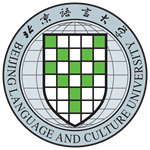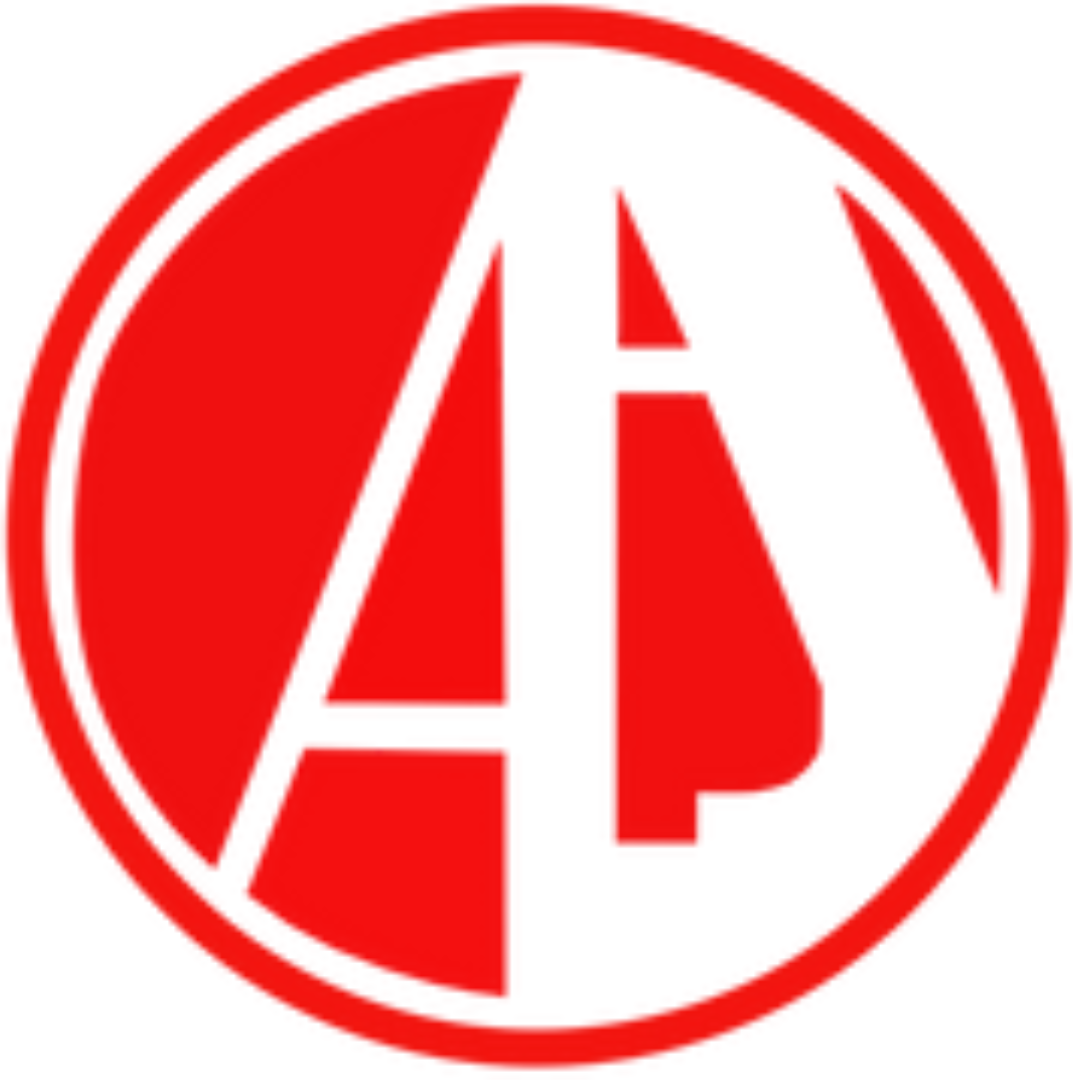Child Development: Students learn about the physical, cognitive, social, and emotional development of children from infancy to early childhood. They study theories of child development and learn how to apply this knowledge in their interactions with children.
Early Childhood Education Principles and Practices: Courses focus on the principles and practices of early childhood education. Students learn about creating inclusive and developmentally appropriate learning environments, planning and implementing curriculum, and assessing children's progress.
Health, Safety, and Nutrition: Students gain an understanding of health, safety, and nutrition requirements for young children. They learn about creating safe environments, promoting healthy lifestyles, and addressing common health and safety concerns in early childhood settings.
Observation and Assessment: Courses may cover techniques for observing and assessing children's development and learning. Students learn how to use observation as a tool for planning and documenting children's progress.
Family and Community Partnerships: Students study the importance of building effective partnerships with families and the community. They learn about involving families in their children's education, collaborating with other professionals, and connecting families to community resources.
Inclusive Education: Courses focus on promoting inclusive practices in early childhood settings. Students learn about supporting children with diverse abilities and backgrounds, addressing individual needs, and creating inclusive learning environments.
Play-Based Learning: Students explore the importance of play in early childhood education. They learn about different types of play, its role in children's development, and strategies for incorporating play-based learning into the curriculum.
Professionalism and Ethics: Courses may cover professionalism, ethics, and the role of early childhood educators. Students learn about professional standards, ethical considerations, and the importance of ongoing professional development.
Field Placement: Many ECE programs include a field placement component where students gain hands-on experience working in early learning and childcare settings. This allows students to apply their knowledge and skills in real-world situations, observe experienced educators, and develop professional competencies.
Current Issues in Early Childhood Education: Students may explore current issues and trends in the field of early childhood education. This could include topics such as inclusive education, cultural diversity, technology integration, and advocacy for children and families.
Show less













